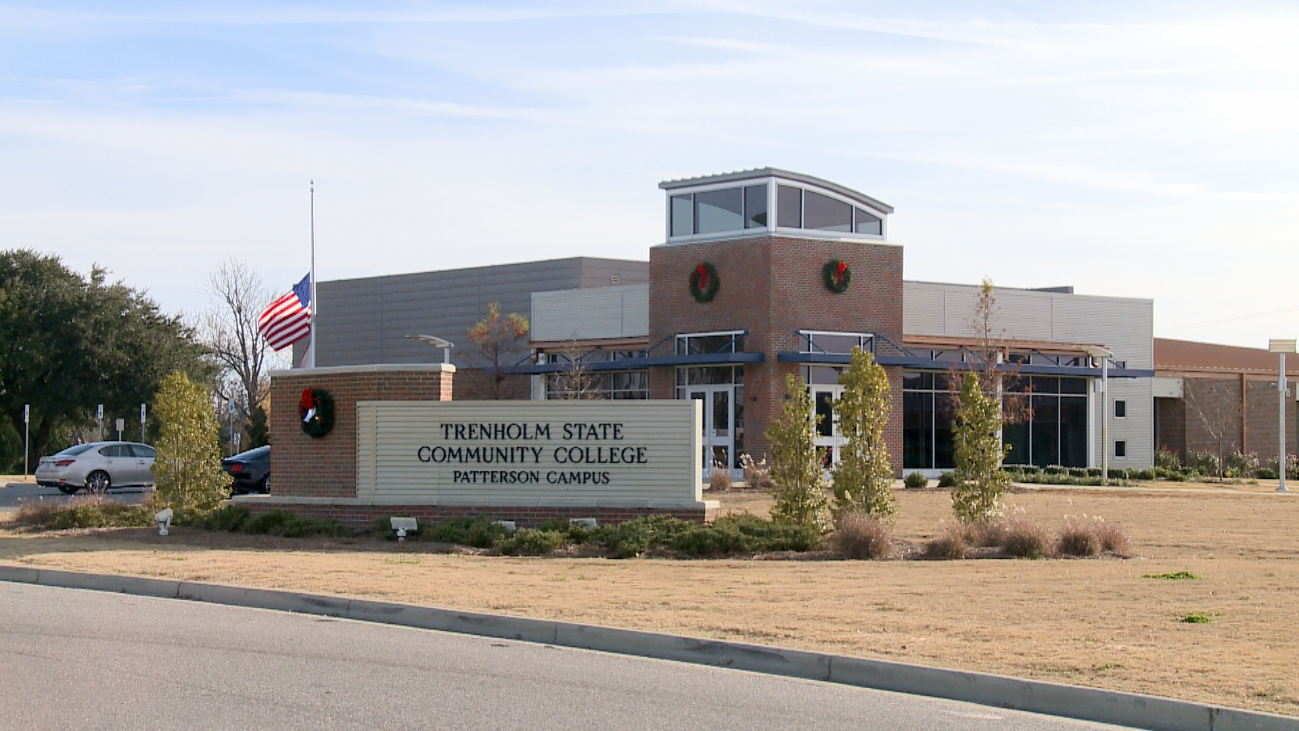For students like Jasmine McCollum, a junior chemical engineering major, the emergency fund allowed her to continue with her studies without the disruptions that an unplanned relocation home and the lack of computing resources may have caused.
“The COVID-19 pandemic has been the biggest distraction in my studies. I’ve studied more, but I was not fully focused because of the things happening around me,” she said. “I went from being a student excited about moving to Cincinnati for my first internship to being nervous about participating in that internship virtually.”
The Tupelo, Mississippi, native said she was concerned about how her return home would come with it limited Wi-Fi access as a result of her rural location.
“Thanks to our donors, I received a personal hot spot Wi-Fi connection, and I was fortunate enough to purchase other computing items required of learning from home,” she explained. “Before the Student Emergency Fund and CARES Act funding were available, I was worried that I would not be able to keep up in my studies because of my financial situation.”
If there’s a silver lining, McCollum did indicate it might be learning the importance of taking her education timeline into greater consideration and mapping out her future endeavors — which include aspirations of working in the consumer goods industry and later earning a Ph. D. in chemical engineering.
Chigozie “Joi” Chinakwe, a recent chemistry graduate, had her last semester mapped out when the pandemic suddenly disrupted plans for the campus leader and member of Tuskegee’s Royal Court. Despite missing out on the quintessential activities that mark the spring semester — the Royal Court campaigning and SGA Week being top on her list — she is thankful for how Tuskegee’s faculty, staff and alumni have helped her navigate life during these challenging times.
“I can’t help but extend my sincere gratitude and appreciation for those who played a role in allowing me to finish my senior year,” the Montgomery, Alabama, native explained. “As an emergency fund beneficiary, I was provided a desktop to complete the remaining of my coursework, which allowed me the opportunity to stay on top of my studies.”
Chinakwe said that, as a result of the pandemic, she’s learned to be more appreciative and live in the present.
“This experience has altered my outlook on life. While I know that making plans is good, sometimes God will interrupt those scheduled plans to give your life a detour,” she noted. “I never would have imagined completing my final semester of studies online, because I didn’t sign up for this — but this experience has made me work harder to achieve my goals.”
Chinakwe said one plan that hasn’t changed is her desire to obtain a pharmacy degree. This year, she’s hoping to get accepted into the McWhorter School of Pharmacy at Birmingham’s Samford University.
Alexis Courtney Landrum, an occupational therapy major and spring 2020 graduate, said COVID-19 affected everyone unexpectedly and shifted the nation into a new normal. Landrum, a Greenville, Alabama, native said the last few months have not been ideal — especially since she was anticipating beginning her occupational therapy fieldwork immediately following graduation.
“The entire last half of the semester was an adjustment for me,” Landrum explained. “Instead of sitting in traditional classes, we completed our coursework by participating through virtual platforms like Zoom.”
Since the pandemic resulted in her losing her job, Landrum credited the Student Emergency Fund for being able to cover her rent and other essential living expenses.
“I benefited tremendously from the generosity of Tuskegee’s alumni. I was able to focus on my main priority — gradating, which was all I could see, especially after investing so many years in my studies,” she continued.
Landrum credits Tuskegee with preparing her for the workforce in a number of ways. But the biggest takeaway from her entire “Tuskegee experience” is the attribute of hard work the university instilled in her.
“As a student here, especially in the Occupational Therapy program, you have to learn to put your studies before everything. I learned to persevere and fight through the tired nights and tears,” she recalled. “As a soon-to-be professional, I feel there won’t be anything I can’t handle when I’m faced with adversity. I believe that being a part of this program has given me the ability to go through anything if I have faith.”
Landrum added that COVID-19 has definitely altered her career outlook, since she’ll soon be on the medical frontlines as a healthcare worker.
“It is scary to think about working so close to a virus that we still don’t know much about, but I know that being able to help someone in these unfortunate times is still a blessing,” said Landrum.
Landrum, who also served as Miss Tuskegee during the 2018-19 academic year, said her post-graduate plans are to complete her fieldwork and pass the National Board for Certification in Occupational Therapy (NBCOT) on her first attempt. Afterward, she hopes to work in Atlanta at an outpatient pediatric facility.
© 2020, Tuskegee University




